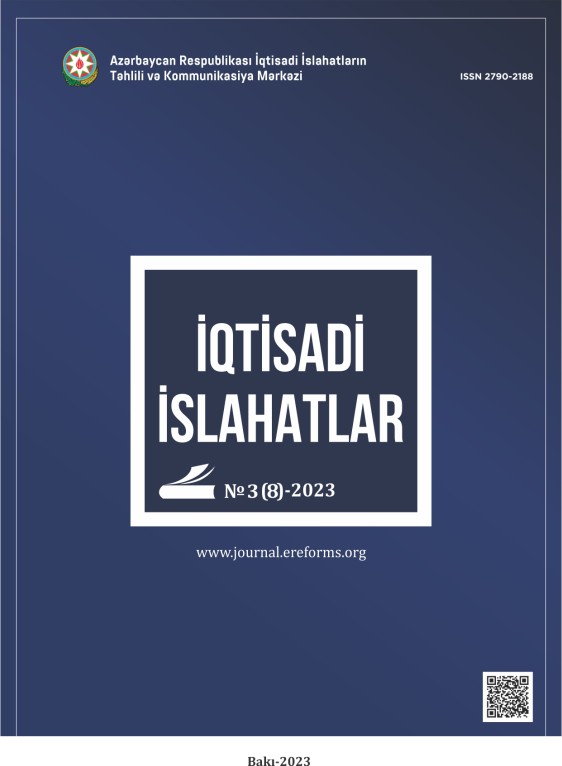Green economy perspectives: structural and fiscal policy analysis
Summary
Sustained economic growth and development necessitate a proactive role for fiscal policies, widely acknowledged as essential by all. To achieve this objective, fiscal policies are characterized by two dimensions: national and international. International Fundamental Fiscal Policy for Green Economy plays a crucial role in the implementation of the new system. Today, ecological issues have transcended local and national dimensions, turning into global concerns. Consequently, when formulating financial policies to address environmental problems, international fiscal policies should be considered alongside national-scale fiscal policies. The international financial system, ensuring ecological sustainability, holds a significant role in combating environmental issues and transitioning to a green economy. The liberalization of capital flows among countries through the globalization process significantly diminishes the value of financial capital. Unregulated increases in production potential in countries, especially those underdeveloped or in the process of development, were met with large-scale investments by international consortia. As a result, ecological standards deteriorated in countries attracting substantial direct or indirect capital. The flow of foreign capital, particularly hot money, increases the value of the receiving country's currency, contributing to income effects. This article examines the practical and theoretical solutions related to the implementation of a number of structural and fiscal policies and analyzes their role in the green economy perspective.
